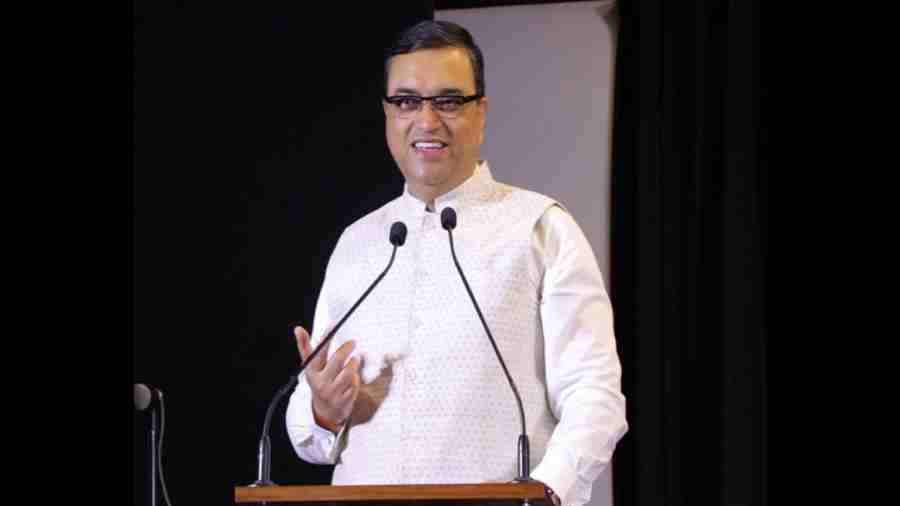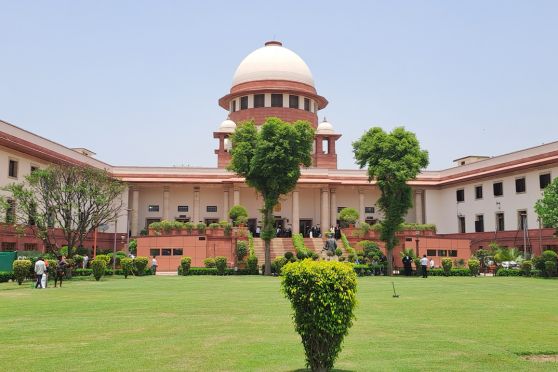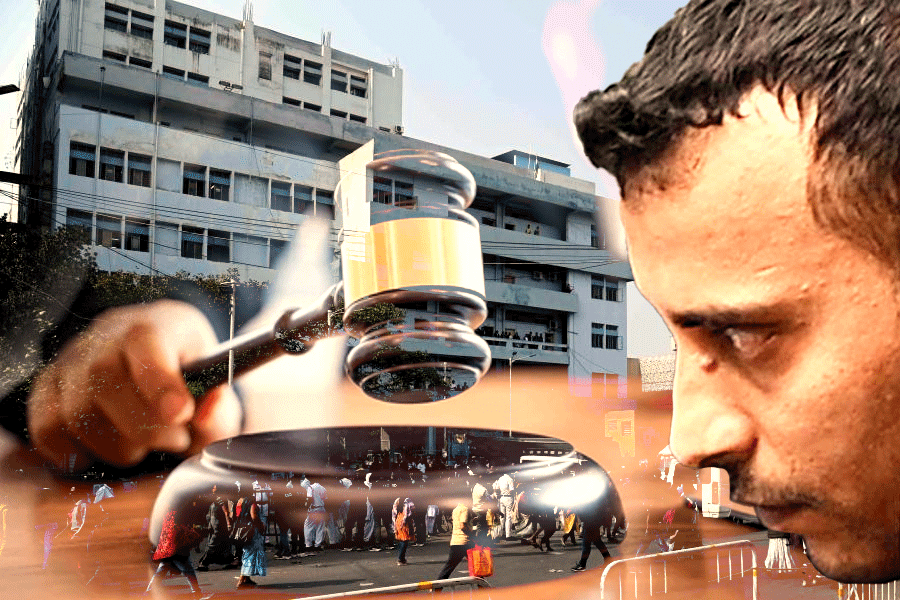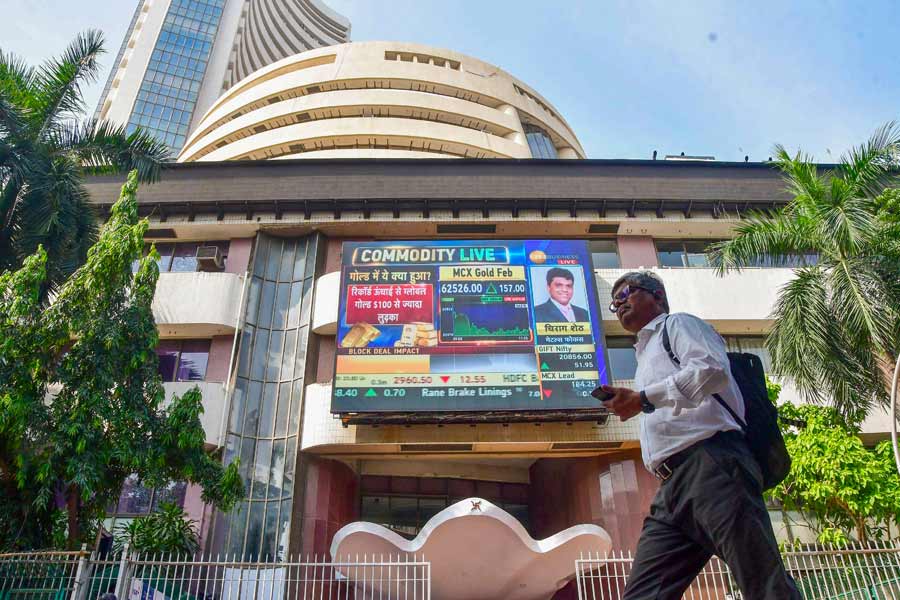Bengal-born Justice Dipankar Datta on Monday was formally sworn in as a judge of the Supreme Court by Chief Justice of India D.Y. Chandrachud at a solemn function in Court No 1, an elevation that came after a bitter row between the judiciary and the executive.
All the judges of the Supreme Court, lawyers and several others were present on the occasion. With the elevation of Justice Datta, the total strength of the Supreme Court has risen to 28 against its sanctioned strength of 34 which includes the CJI.
So there are still six vacancies in the Supreme Court.
The Centre had issued a formal notification only on Sunday, notifying the appointment under a presidential warrant, although the recommendation for Justice Datta’s elevation was made on September 27 by the collegium headed by then Chief Justice of India U.U. Lalit.
The notification had come amid a bitter row between the apex court and the NDA government.
On December 8, a bench of Justice Sanjay Kishan Kaul, Justice A.S. Oka and Justice Vikram Nath slammed the Centre over its continued obduracy in clearing names of judges for various high courts.
“Sometimes the names are approved fast and some names are kept pending for months and years. How will this pingpong battle settle? You are disturbing the hierarchy,” Justice Kaul, who himself is the second seniormost member of the collegium, had said.
Earlier on November 11 too, the apex court had come down heavily on the Centre’s intransigence in clearing the names of several judges, particularly from Calcutta including Justice Dipankar Datta who was at that time the Chief Justice of Bombay High Court, despite the high-powered collegium reiterating the names for the second time, upon which it is mandatory for the government to clear the names.
At that time the bench headed by Justice Sanjay Kishan Kaul had warned the government that for the time being “… it is resisting in issuing contempt notice and issues simple notice on a contempt petition filed against law ministry”.
Justice Datta was elevated to the bench of Calcutta High Court as a permanent Judge on June 22, 2006. He was thereafter elevated as the Chief Justice of Bombay High Court on April 28, 2020.
He will have a considerably long tenure in the Supreme Court and will retire only in February 2030 and will be the second seniormost judge at the time of his retirement.











